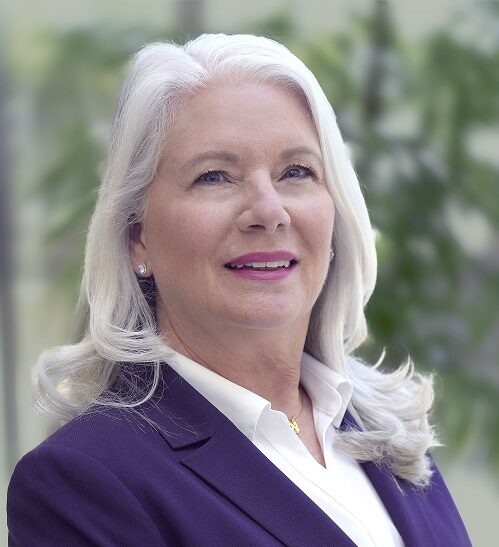Jackson + Coker celebrates Telehealth Awareness Week.

Telehealth has become an indispensable part of the healthcare system and the supporting technology is making it possible for patients to receive care for a wide range of conditions. It enables doctors and advanced practitioners to triage, treat, and monitor patients.
“Virtual care is decreasing the strain on our healthcare system and reducing barriers to care. With easier access to generalists and specialists, the result is improved outcomes,” says Afshan Ali, former Jackson + Coker Divisional Vice President of Telehealth.
There are many reasons why patients choose telehealth over traditional in-person appointments. With the emerging importance of virtual care, patients enjoy its convenience, and it is bridging a gap in care for others.
“Telehealth makes a difference in communities and patient lives by providing care to those who could otherwise not receive it. Transportation, for example, can be a burden, or a provider may not be available. Telehealth removes barriers to make healthcare accessible to almost everyone,” says Mattie Brazelton, former Telehealth Client Success Coordinator.
One Jackson + Coker locums doctor has personally experienced how he is connecting communities with care, “I speak Spanish and it helps me to connect with those from other countries who have very limited English skills. I also work with people who live in places where clinical services are very limited. In many cases they might simply go without care for financial or other reasons; or, if they do seek care, it could cause a financial burden (or otherwise) that might risk adding to their stress that’s already at the breaking point.”
More than 35% of outpatient telehealth visits in 2021 were for patients seeking support for mental health and substance abuse use disorders.
FAIR Health confirms the trend, “…COVID-19 has had a profound impact on mental health, and access to telehealth services has helped to meet the persistent demand for mental health services… [with] month-over-month increases in mental health conditions’ share of telehealth claim lines.”
As the United States continues to come to terms with the shrinking pool of available physicians, telehealth offers a path forward and gives patients, physicians and advanced practitioners more flexibility.
“It allows me to live in a state where I don’t have a license…. It also allows me more freedom to travel; and yet, when I’m at home it’s awfully easy on my tires,” says a telehealth locums doctor.
Physicians and advanced practitioners wanting to shift into telemedicine need to focus on flexibility, continuous learning, and developing a strong “web-side manner.”
“Physicians and advanced practitioners in telehealth should be able to navigate technology and workflows comfortably,” says Ali. “An ideal telehealth provider is personable and has exceptional communication skills which include active listening, asking questions, eye contact, and the ability to convey empathy in an authentic manner. We call this web-side manner – the virtual equivalent of bedside manner.”
As we look toward the future, Ali says telehealth will continue to evolve.
“We are seeing movement toward the hybridization of care delivery through digitally enabled models. Our industry is ripe for defragmentation and a focus on whole person care. Virtual care will be the foundation of improvement in these areas.”

